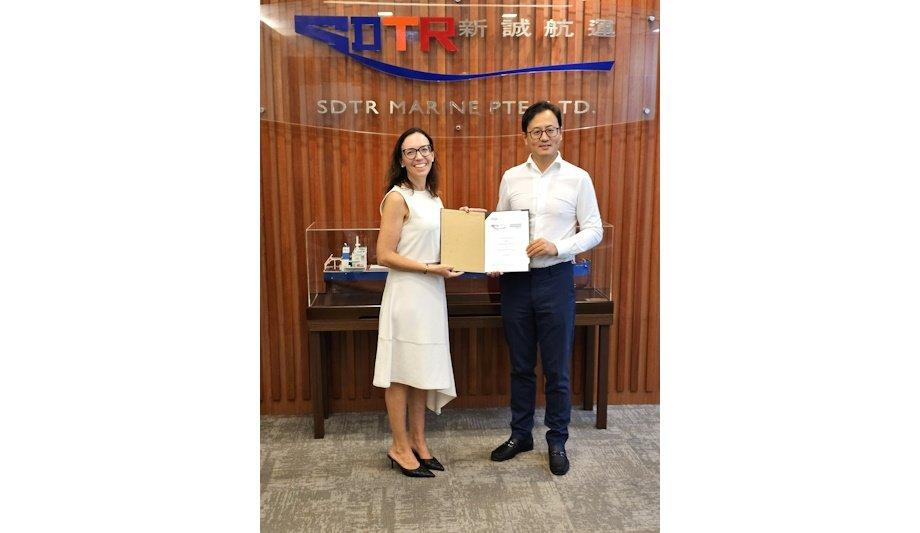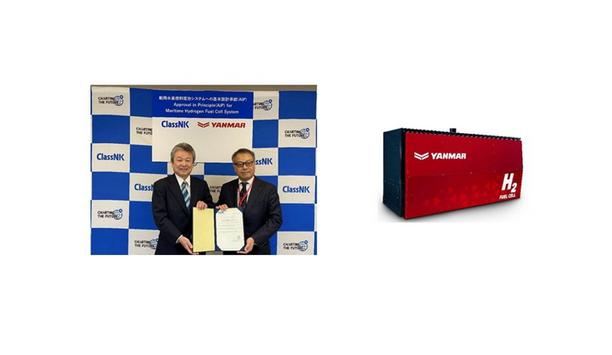Classification society - DNV has entered into a Joint Development Project (JDP) with Singapore-based shipping company - SDTR Marine to cooperate on a Carbon Capture and Storage (CCS) feasibility study for the latter’s 85,000 dwt Kamsarmax bulk carrier.
DNV and SDTR Marine partnership
As part of the JDP, DNV and SDTR Marine will collaborate on a techno-economic analysis of CCS implementation aboard the bulk carriers. Utilising DNV's FuelPath, the study aims to evaluate the economic viability of different fuel and technology approaches under various fuel and CO2 price scenarios.
The model takes into account future decarbonisation mandates and SDTR Marine's ambitious emission targets, in alignment with the ship owner’s drive to improve energy efficiency and contribute towards decarbonising shipping.
Exploration of CCS technology
Showcasing our continuous efforts to explore various ways of reducing carbon emissions in maritime operations"
Gao Dehui, the Chief Executive Officer (CEO) of SDTR Marine Pte Ltd, said: “CCS technology aboard maritime vessels represents a significant advancement in reducing the environmental footprint of the shipping industry. One of the most positive aspects of this technology is its ability to significantly decrease carbon emissions from ships."
Gao Dehui adds, "The exploration of CCS technology on our vessels epitomizes SDTR Marine’s commitment to environmental responsibility. Showcasing our continuous efforts to explore various ways of reducing carbon emissions in maritime operations and operate more sustainably."
Move towards decarbonisation
Echoing this sentiment, Cristina Saenz de Santa Maria, Regional Manager South East Asia, Pacific & India, Maritime at DNV said: "As the maritime industry advances towards decarbonisation, shipowners must strategically plan for regulatory compliance and operational efficiency. We are excited to be working with SDTR Marine to explore cost-effective fuel strategies to support their net-zero goals."
Cristina Saenz de Santa Maria adds, "Leveraging DNV's global network and the expertise of our Maritime Decarbonisation Centre of Excellence in Singapore, we are well-positioned to guide the industry through this energy transition in compliance with IMO’s emission targets."
Feasibility of CCS
CCS has gained increasing attention as the industry actively seeks innovative solutions to curb its carbon footprint. In 2023, DNV entered into a similar cooperation to explore the feasibility of CCS for a containership and Kamsarmax bulk carrier new build.












